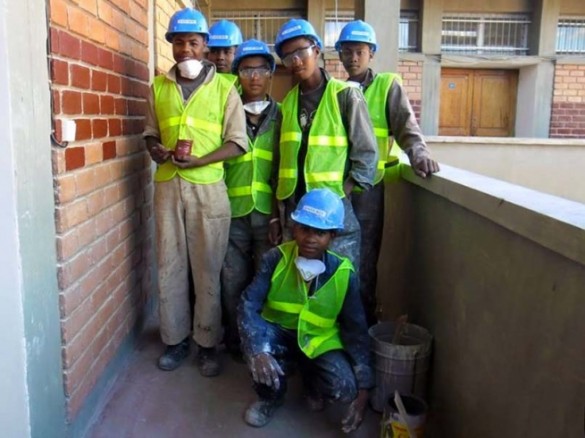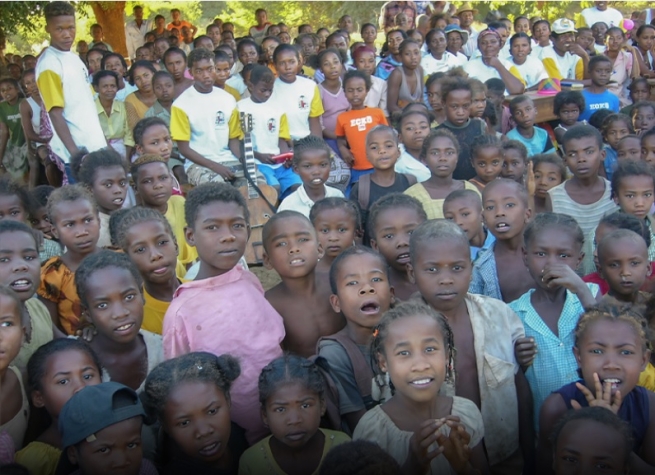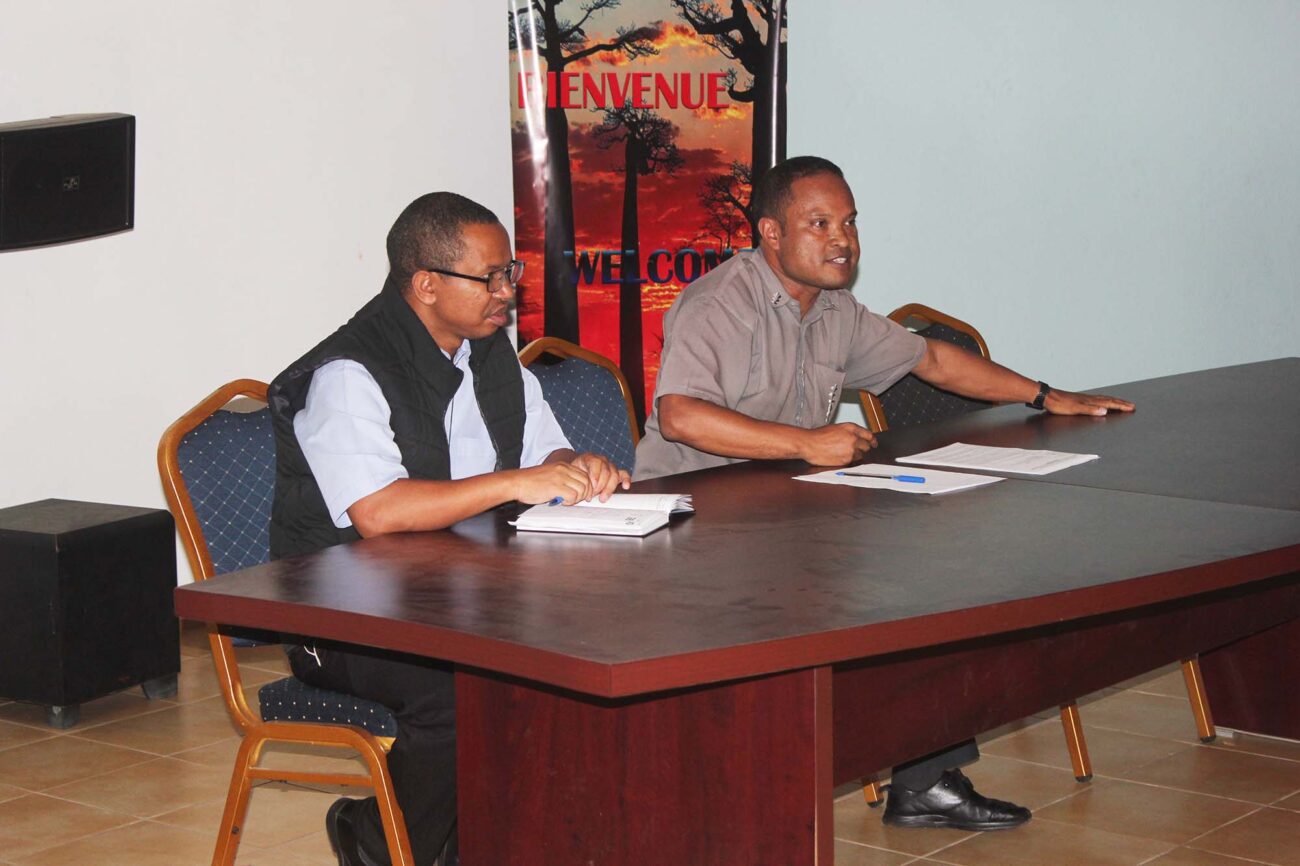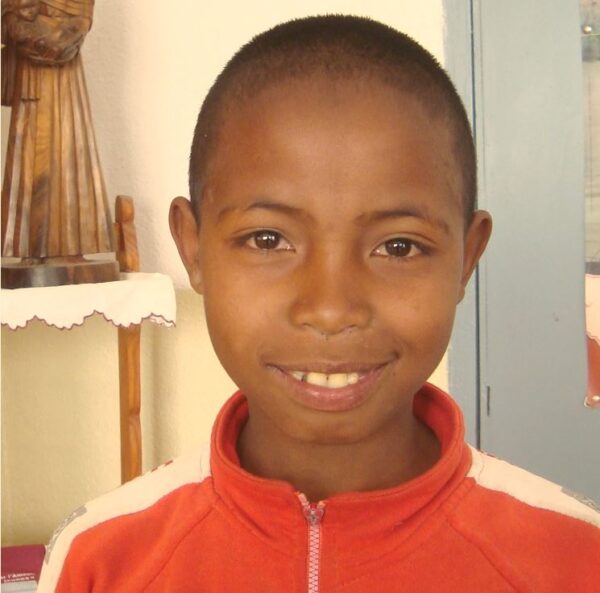MADAGASCAR: New Construction Project Aims to Give Students Real World Work Experience

(MissionNewswire) Salesian technical students have put their newly acquired skills to use at a construction project in Madagascar’s ministerial building in Antananarivo, the country’s capital city located in the Central Highlands. The 29 students from the Salesian Vocational Training Center are building new rooms for the government building. The project was designed in partnership between the Salesian Vocational Training Center construction program and the FORMAPRO-BTP project, which aims to improve human resource skills and the match between employment and training in Madagascar by modernizing vocational training in the construction and civil engineering sector.
The Salesian construction program is one of the four Salesian professional programs in Madagascar. More than 50 percent of the programs’ attendees come from vulnerable situations and are seeking a better way of life. Many initially attend Salesian rehabilitation centers where they have their most basic needs of food, clothing and shelter met and then they enter either secondary or vocational school. The end goal is for youth is to grow into adults who can live a life of self-sufficiency with stable employment, utilizing the skills necessary to contribute to their families and communities.
“Salesian missionaries are direct legal guardians of some of the students because their families are far away or absent,” says Paola Schinelli, from the Office of Planning and Development of the Salesians in Madagascar. “Our programs provide psycho-social support and vocational training. The construction project aims to help students finishing their professional program enter into the workforce.”
Through the project students are met with real-world working conditions, must meet deadlines and are required to meet standard quality. It provides an excellent opportunity for them to put the skills learned in the classroom into practice in the workforce. It also provides them the experience they need to secure a job after graduation.
“I decided to follow the training course to realize my dream and have the experience of being in charge of a building site,” says 17-year-old Pascal Rakotonirina, a student who is in charge of the work.
Madagascar, an island in the Indian Ocean off the coast of East Africa, is one of the poorest countries in the world. Seventy percent of Madagascar’s almost 19 million people live in poverty with 5.7 million of those youth between the ages of 10 and 24 years, according to UNICEF. This number is expected to double by 2025. Due to Madagascar’s poverty, geography and an ongoing political crisis, the country is ranked 143rd out of the 177 countries classified by the human development index of the United Nations Development Program. Women and children in the country are particularly vulnerable to the effects of poverty.
Poverty is also exacerbated by a vulnerable geographical location and topography, which expose the country to various natural hazards, including tropical cyclones, flooding and drought. According to UNICEF, between 2002 and 2011, Madagascar was hit by a total of 22 cyclones affecting close to 3 million people, including an estimated 540,000 children under age five. An ongoing political crisis has resulted in the suspension of most external assistance to the country and has reduced the capacity of authorities to effectively respond to emergencies.
For close to 80 percent of the country’s inhabitants who live in rural areas and practice subsistence farming, living conditions have been steadily declining in recent years, particularly when it comes to access to transportation, health services, education and markets. Because of the lack of hygiene and access to safe drinking water coupled with chronic malnutrition, people in Madagascar often suffer from respiratory ailments, tuberculosis and hepatitis.
In order to help youth break the cycle of poverty and hopelessness, Salesian missionaries in Madagascar operate elementary, middle and high schools throughout the country. The focus of the schools is on providing educational opportunities, increasing literacy and laying a foundation for education well past the compulsory education required in the country. Access to education and training in social and life skills encourages young students to find livable wage employment, breaking the cycle of poverty.
###
Sources:
ANS – Madagascar – Dreams in the pipeline: the Salesians and Professional Training
UNICEF – Madagascar




